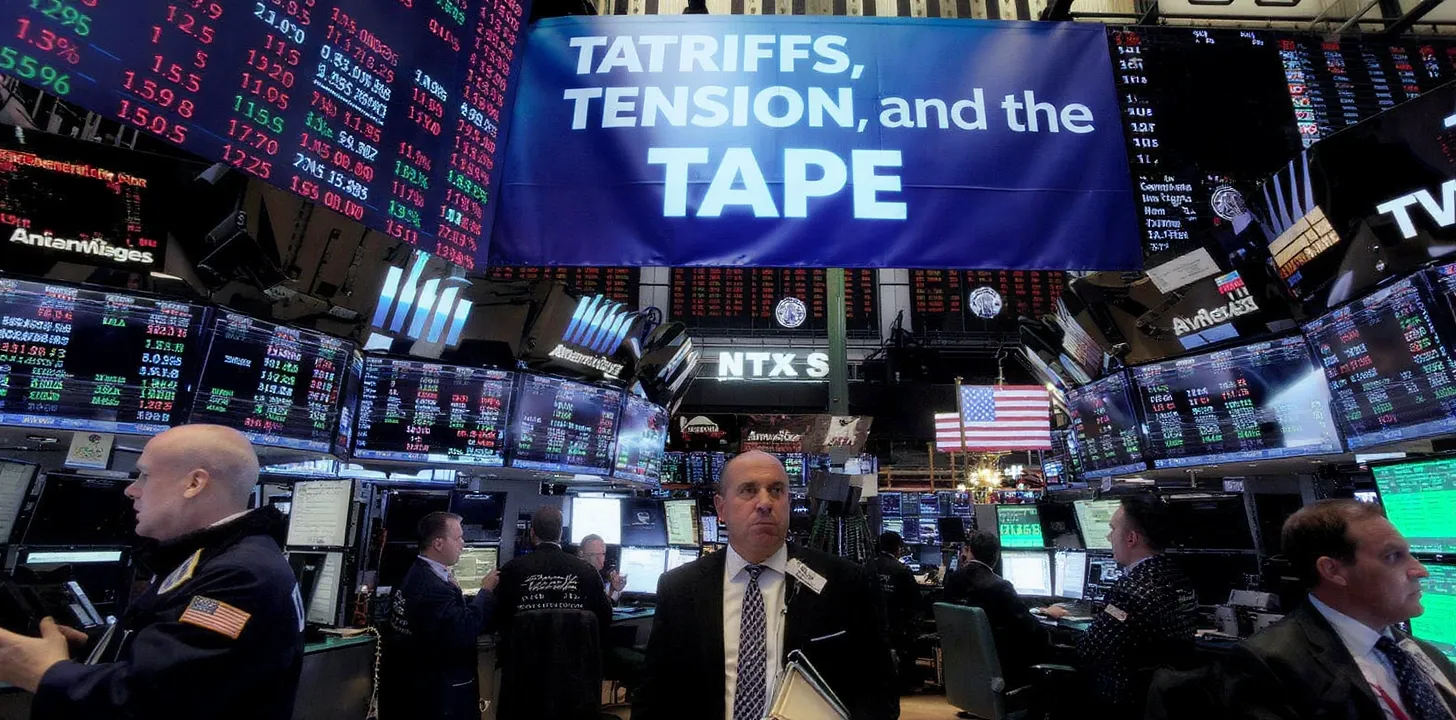The forex market continues to experience significant fluctuations as global economic events unfold. Various factors, such as central bank policies, geopolitical tensions, and macroeconomic data releases, are shaping currency values and creating opportunities and risks for traders. In this blog, we’ll cover some of the major events impacting the forex market in recent days and their potential implications for traders.
Central Bank Policies Driving Currency Movements
One of the most influential factors currently affecting the forex market is the monetary policy decisions made by central banks around the world. Recently, the U.S. Federal Reserve has signaled its commitment to maintaining high interest rates to combat inflation, which has strengthened the U.S. dollar against other major currencies like the euro and the Japanese yen.
Meanwhile, the European Central Bank (ECB) and the Bank of Japan (BoJ) are taking more dovish approaches, with the ECB hinting at slower interest rate hikes and the BoJ maintaining its ultra-loose monetary policy. These differences in policy stances are leading to a widening gap between the U.S. dollar and other currencies, particularly the euro and yen.
Geopolitical Tensions Adding to Volatility
Geopolitical events also continue to play a significant role in the forex market. Tensions between the West and Russia, alongside the ongoing conflict in Ukraine, are contributing to risk-averse behavior among investors. Safe-haven currencies like the U.S. dollar and Swiss franc have seen increased demand, while risk-sensitive currencies, such as the Australian dollar, have come under pressure.
Additionally, concerns over the global economic outlook have weighed on commodity-linked currencies. For example, the Canadian dollar has experienced volatility due to fluctuating oil prices, which are heavily influenced by global geopolitical developments and OPEC+ production decisions.
Macroeconomic Data Influencing Market Sentiment
Economic data releases continue to influence market sentiment and drive currency fluctuations. U.S. non-farm payrolls and inflation reports are key data points that traders closely monitor, as they provide insights into the strength of the U.S. economy and the Federal Reserve’s potential actions.
Similarly, inflation reports from the Eurozone and Japan are crucial for assessing the future direction of monetary policy in those regions. Weak economic data in Europe has led to concerns about growth prospects, putting downward pressure on the euro, while Japan's persistent deflationary pressures continue to weigh on the yen.
Market Outlook for Forex Traders
As global events continue to unfold, forex traders should remain cautious and prepared for potential volatility. The divergence in central bank policies, coupled with geopolitical uncertainties, is likely to keep currency markets volatile in the near term. Monitoring key economic indicators, central bank announcements, and geopolitical developments will be essential for navigating the forex market successfully.
Platforms like CMS Prime provide traders with the tools they need to stay informed, analyze market trends, and execute trades with confidence. By staying updated on the latest market events and using effective risk management techniques, traders can make informed decisions in this complex and rapidly changing market environment.
Conclusion
The forex market remains highly dynamic, with multiple factors influencing currency movements. From central bank policies to geopolitical tensions and macroeconomic data releases, traders must stay alert to market developments to make informed trading decisions. As we move forward, keeping an eye on global economic trends and adjusting strategies accordingly will be critical for success in the forex market.



